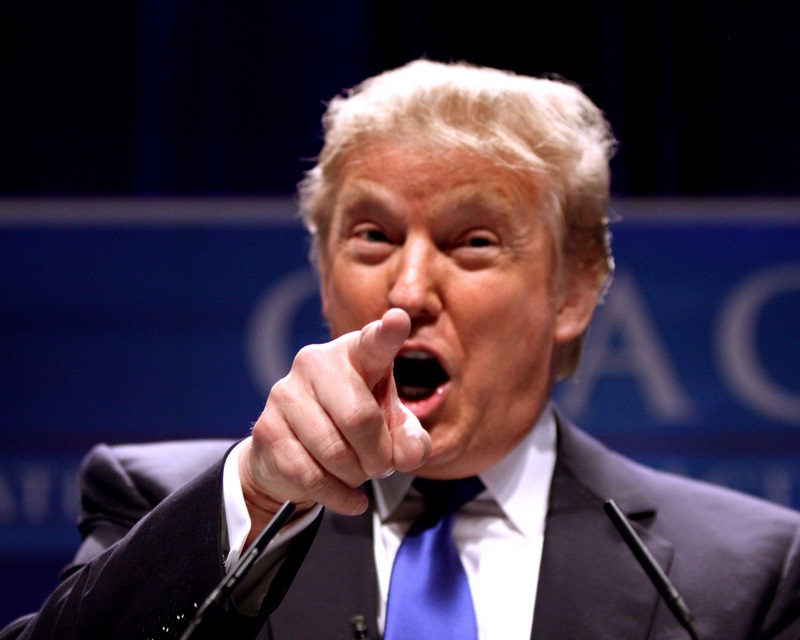
The world is experiencing a thriller called the presidential election of the United States. Despite polls suggesting Hillary Clinton’s great advantage, the result of the election cannot be foreseen (the same as it was in the case of the Brexit vote). It’s not only nerves that are at stake, but also the future of the global economy.
There are a lot of generalities in Donald Trump’s economical program: lower and clearer taxes, less bureaucracy, better conditions for business. But we can also find in the program a noticeable proposition to terminate the previous policies of open trade and U.S. involvement in APEC and NAFTA. And in the background, a prospective tariff war with China.
If Trump wins the election and starts fulfilling his promises, the resonances will be long-range. To cut a long story short, the world of globalization and free movement of capital (that we’ve gotten used to) would end faster than we have ever thought. Is such a massive withdrawal from globalization imaginable?
“The inhabitant of London could order by telephone, sipping his morning tea in bed, the various products of the whole earth, in such quantity as he might see fit, and reasonably expect their early delivery upon his doorstep; he could at the same moment and by the same means adventure his wealth in the natural resources and new enterprises of any quarter of the world, and share, without exertion or even trouble, in their prospective fruits and advantages; or he could decide to couple the security of his fortunes with the good faith of the townspeople of any substantial municipality in any continent that fancy or information might recommend.” John Maynard Keynes wrote these words 100 years ago, recalling how the world looked in 1914. In his time, everybody had already gotten used to globalization.
If we change the word “telephone” to “internet,” Keynes’ words could have been written at the beginning of the 21st century. However, five years after 1914, globalization almost disappeared due to the dramatic political and social events. At that time, borders were closed for decades, world trade stopped and the mentioned inhabitant of London, instead of sipping his morning tea in bed and ordering the various products of the whole earth, was hiding from the Luftwaffe or standing in a queue of soldiers.
The current form of globalization is not ideal. We can complain about the flood of Chinese imports, about wealth disparity and economic inequalities between countries. But we should hope that Donald Trump will not start changing everything, because the consequences would be unforeseeable.

Leave a Reply
You must be logged in to post a comment.